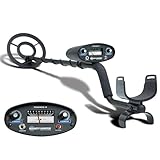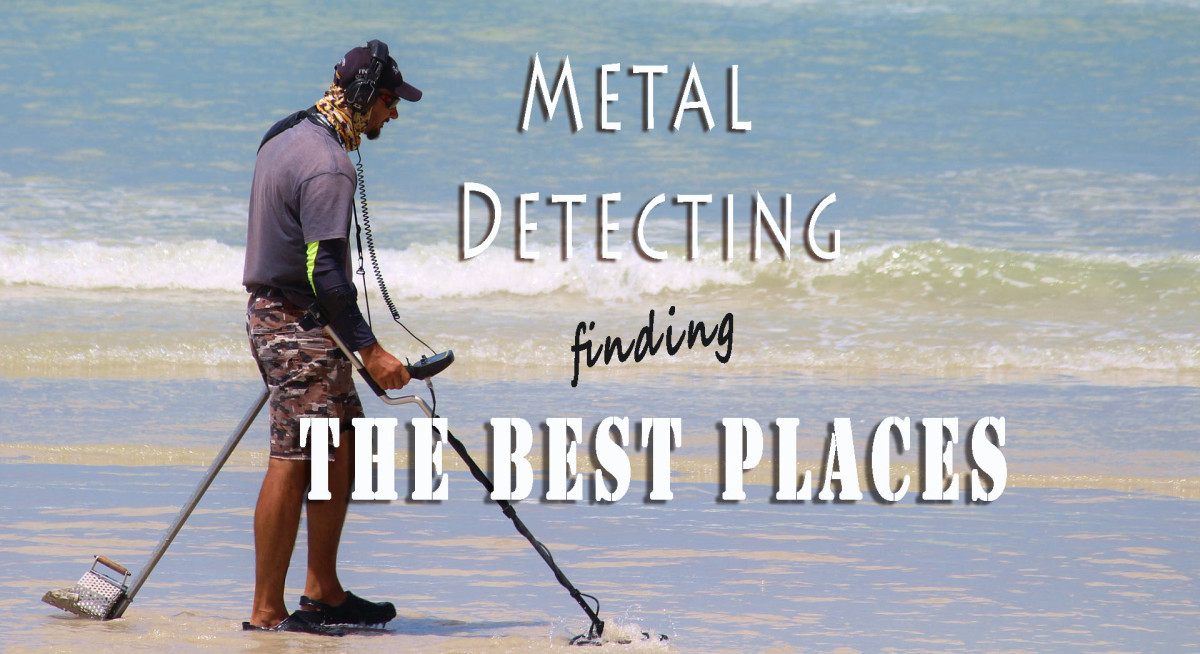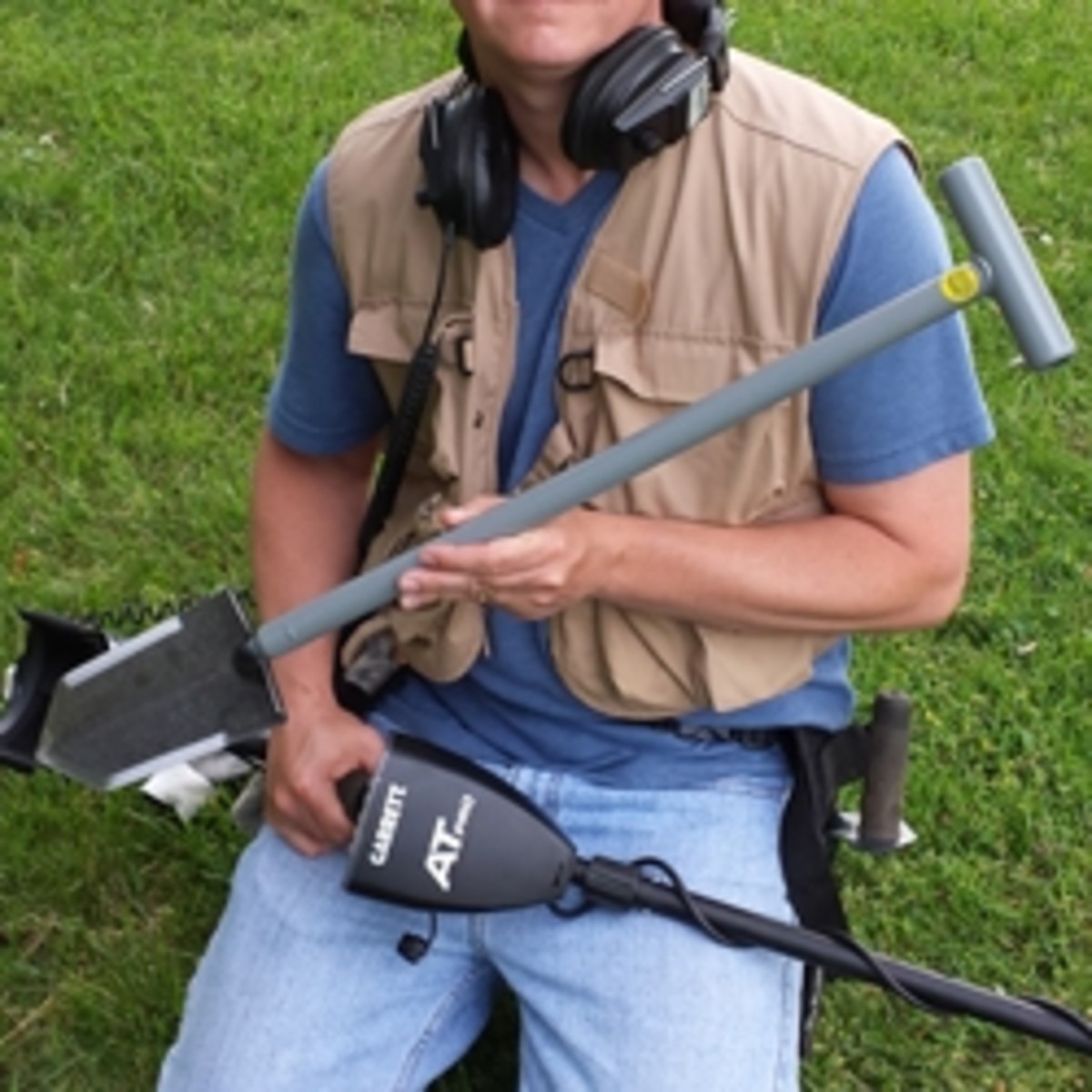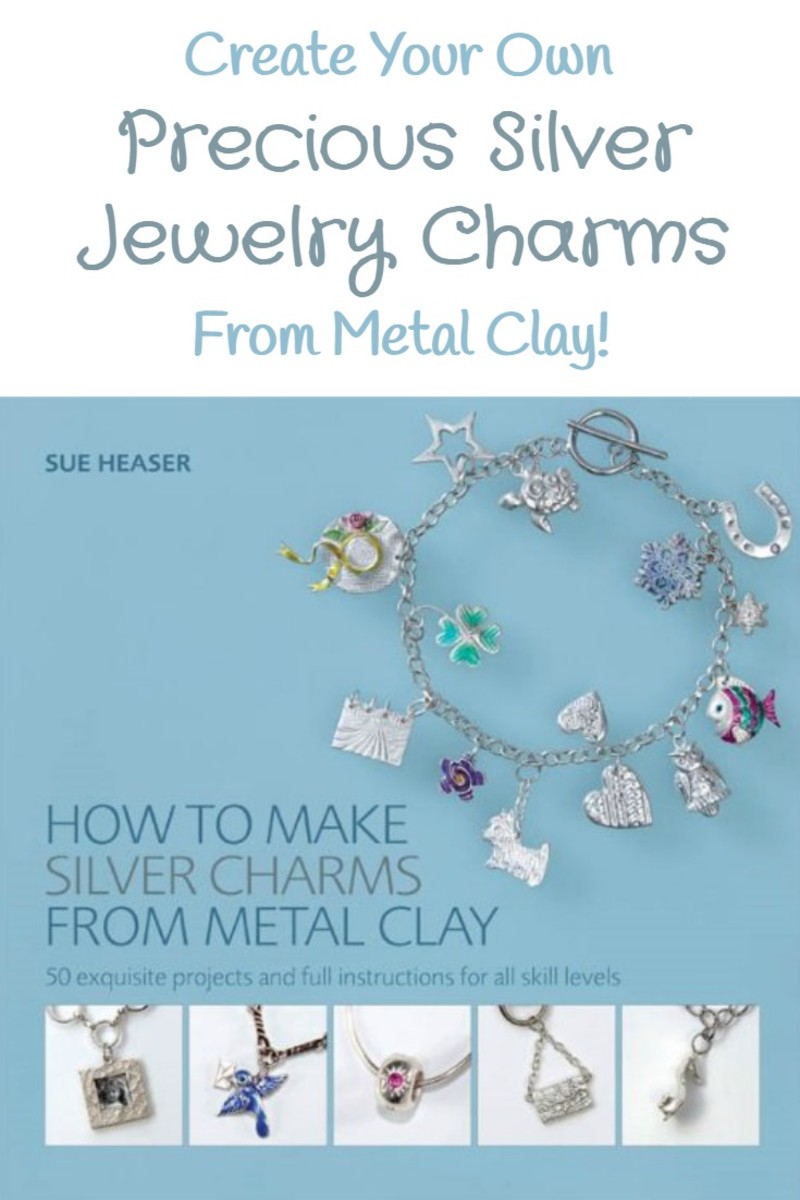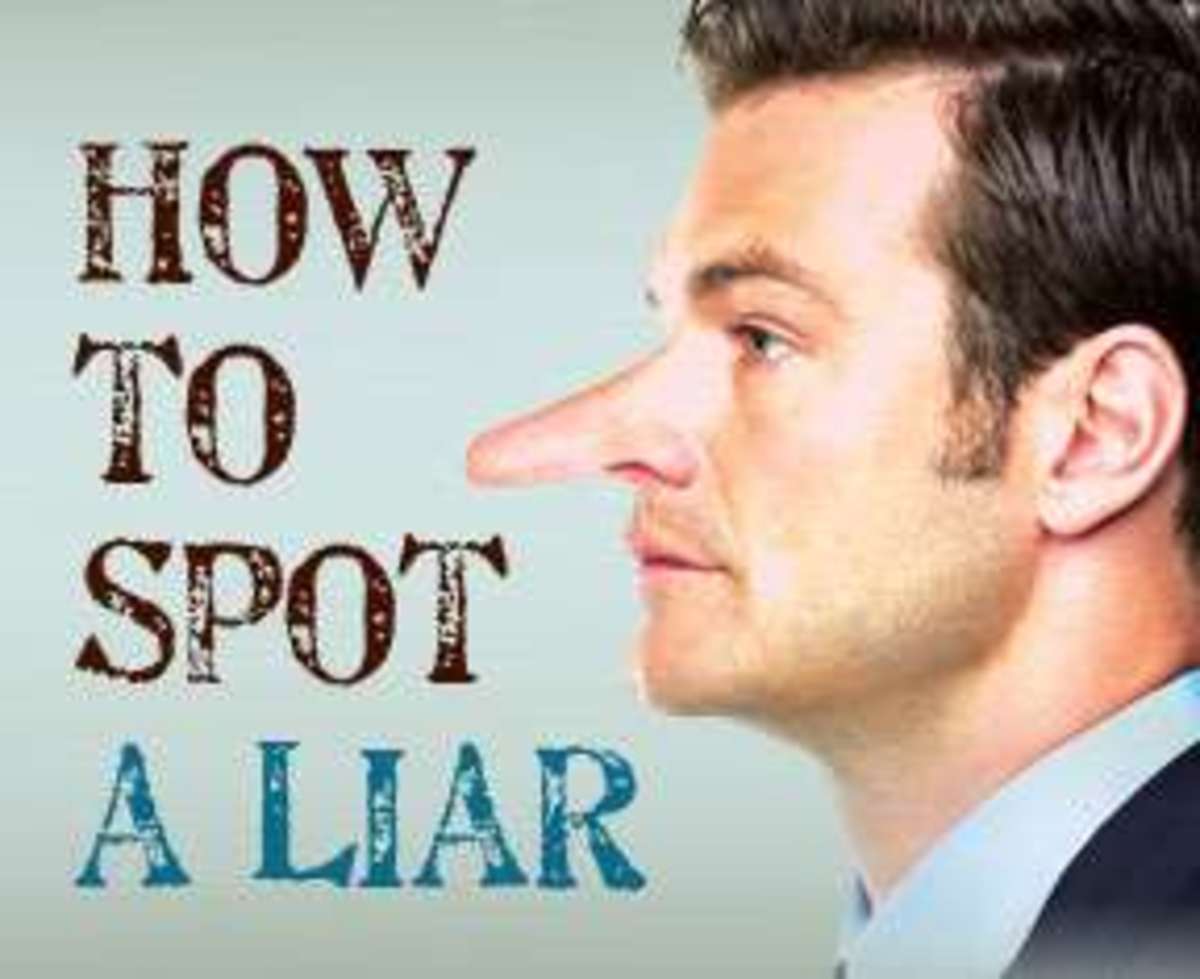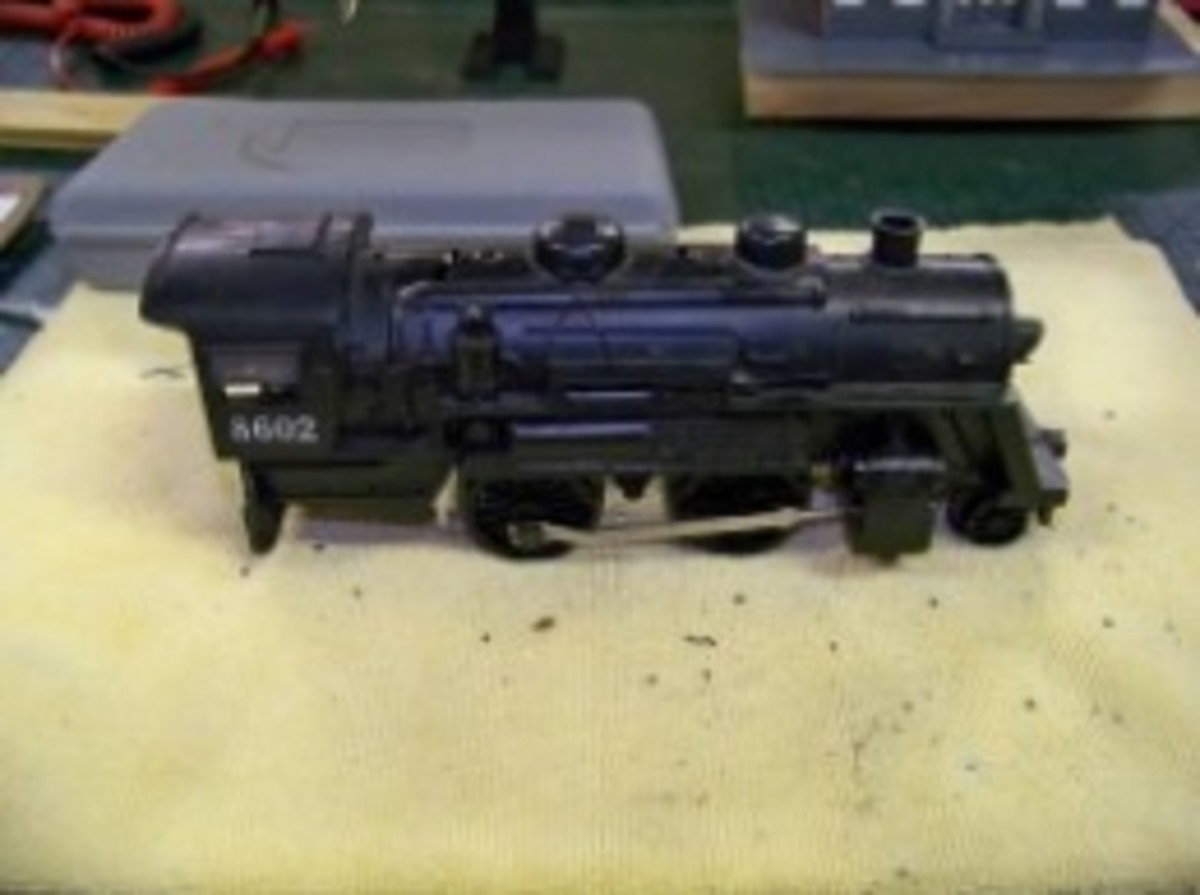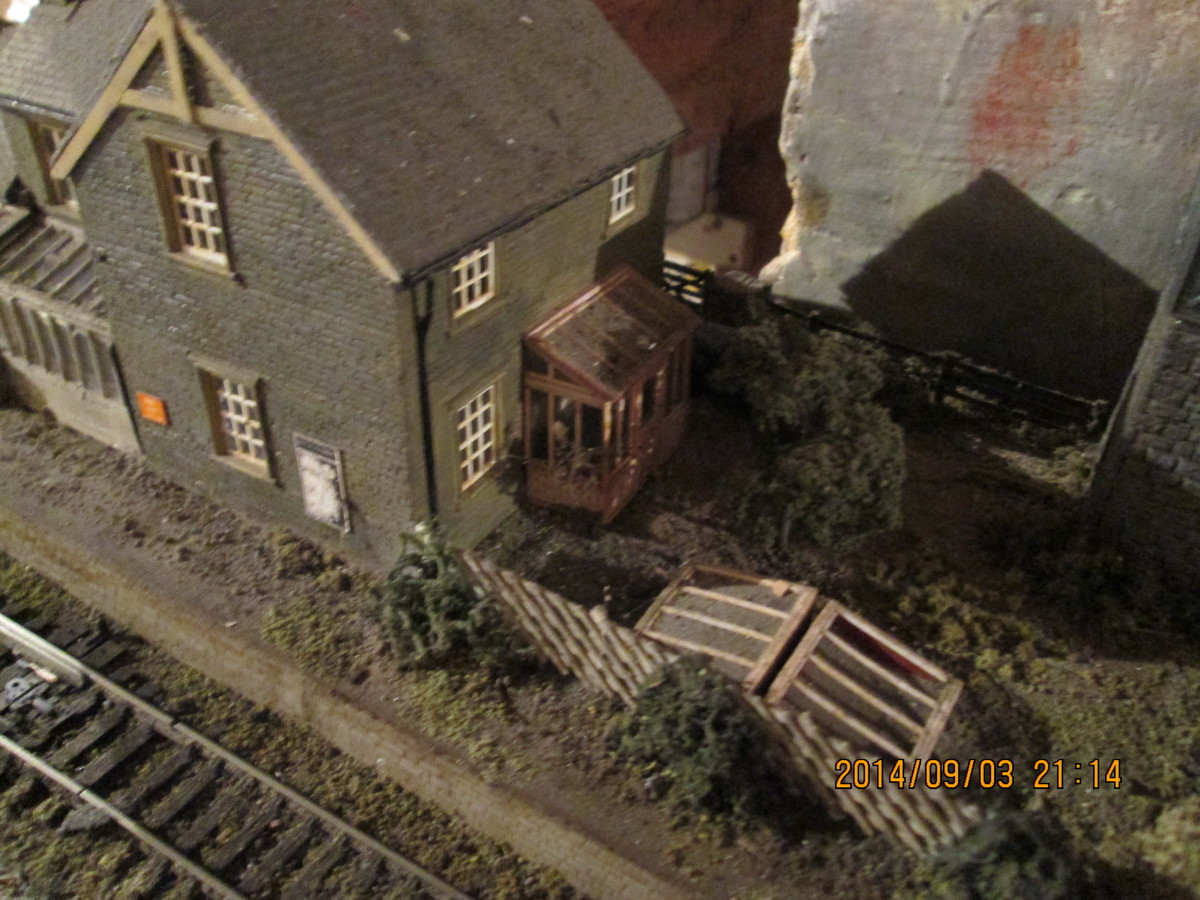The Metal Detectorist - Metal Detecting as a Hobby

In order to become a metal detectorist, you will need some basic equipment.
The first of those is a metal detector (obviously!) and a spade, shovel or other piece of equipment designed for opening the ground beneath your feet.
Most metals you may be searching for are underground, and so you will need something to allow you to access it.
If the metal is above ground, and is small, your metal detector will find it easily for you.
If this is your first time metal detecting, you will be joining what is one of the fastest-growing hobbies in the world.
Anybody can become a metal detectorist, whether you are young or old.
Metal detecting is a fantastic way to spend your leisure time, and the rewards far surpass the enjoyment you receive from doing it.
You are out in the fresh air, taking reasonably gentle exercise, with the possibility of finding treasure beyond your wildest dreams.
While you might pass a low value coin in the street without a second thought, dig it up from the ground and you will have a smile on your face all day!
Read on to see what you need to become a metal detectorist.
Metal detecting tools in soil
- A metal detector - a good metal detector for beginners is a must. Buy a really cheap on that misses most metals, and you won't really want to continue in the hobby.
- A spade or shovel - you need a small, lightweight tool to dig the ground.
- A square of material - many metal detectorists have a dedicated cloth they carry with them, but an old plastic bag does the same job.
When your metal detector actually detects something underground, you need to dig open that ground to find what it is.
Unless you are on a tidal beach where the tide will come in and level off whatever mess you make while digging, you will need to carefully cut the ground and replace it the way it was.
If you are cutting turf, try to cut a square around the object that is setting your metal detector off, then place it on a corner of a cloth on the ground.
If you have to dig deeper, place the excavated soil on the cloth too.
If the metal is inside your initial clod of turf, you will need to break it open to find whatever treasure you were alerted to.
When you are done, all the soil should be on your cloth, not on the ground.
Drag the cloth to the edge of the hole you dug, and replace firstly the earth, then the turf so that the ground looks much the way it did before you dug it up.
Use your heels to stamp it back down into position.
What you will need for beach metal detecting
A sand scoop
As well as a metal detector and a shovel, for beach detecting you will find a sand scoop to be a huge help when sifting through fine sand.
Simply place the shovelful of sand into the scoop, scan it with your metal detector or pointer to ensure the metallic object is in the scoop, and shake.
The sand will fall through the holes, leaving your metal object, hopefully a coin or a piece of jewelry, exposed.
Metal detecting hints and tips
- Always wear gloves when handling metal detector finds, especially in soil where it is hard to see. Among common scrap metals are used syringes, broken bottle tops and other sharp and dangerous objects.
- Wear waterproof boots or sturdy all-terrain shoes on your feet. Avoid footwear with steel toe-caps, as those can set a metal detector off.
- Wear a jacket with pockets, so that you can safely store your valuable finds.
- Carry disposable bags with you, and place ALL your finds in them. Scrap metal hidden underground or on beaches are a danger to other people once on the surface. You will find authorities will look on your hobby more kindly if you assist the cleansing departments by removing rubbish, especially from public areas.
- Always replace any turf you cut, or holes made in the sand on a beach, the way you found it. Holes are a danger to other people out walking.
Seeking permissions
A great place to start metal detecting is in your own backyard.
The moment you leave the confines of your own home, you will need to seek permission of the owner or keeper of the land on which you wish to metal detect.
Most owners will happily give you permission, but it is much better to always ask in advance.
When beach detecting, permissions are not usually required to detect below the high tide line, but it is better to check your local authority before going ahead.
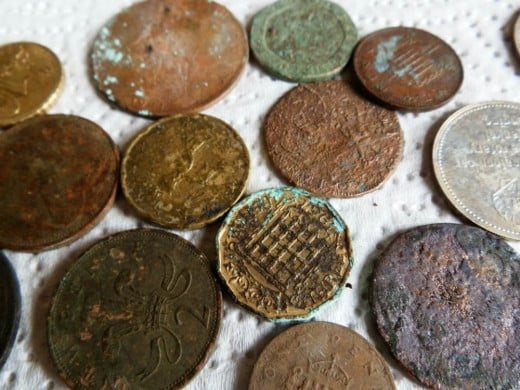
Wearing headphones while metal detecting
When metal detecting in a public place, you will always attract the interest of others around you.
If you wear headphones plugged into your detector, no-one need know when you find something of interest, as they will not hear the signals that tell you something is there.
It is good form to wear your headphones at all times anyway, in order to avoid annoying other people. You an still hear if someone calls out to you, or talks to you, as the only time you will hear a noise is when your metal detector has located a metallic object.
What to do with valuable finds like jewelry
If you are metal detecting on a beach or other public area, it is good form to hand in any jewelry, sets of keys and other useful things that someone may have lost, to your local Lost Property office.
If no-one comes forward to claim it after a period of time, it is returned to you as the finder.
Coins you may keep, unless they are ancient and of historical interest.
What a lot of metal detectorists do is to have cards made up with their name, telephone number and an offer to find objects lost.
When you are metal detecting on a public beach that is popular with day-trippers and those on vacation, handing your card out with an offer to look for sentimental or valuable metal objects with ingratiate you not only with the beach-goers, but with the authorities too.
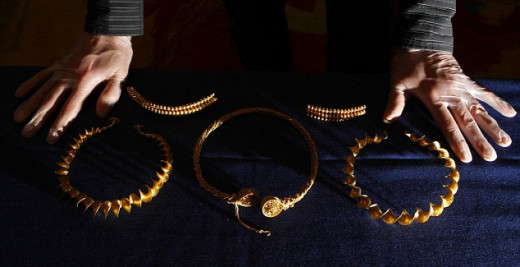
Have you thought about metal detecting as a hobby?
Become a metal detectorist
Becoming a metal detectorist opens up a whole new world for the hobbyist, leading to the possibility of new friends as well as riches beyond your wildest dreams.
A man in Scotland found a treasure trove of gold on his very first day out detecting, in 2009.
His share of the find amounted to nearly half a million pounds!
Even if you never find riches, you will find fresh air, excitement, exercise at a pace you can cope with, and if scrap metal prices rise any further, you may soon find that any metal at all is worth its weight in gold!

